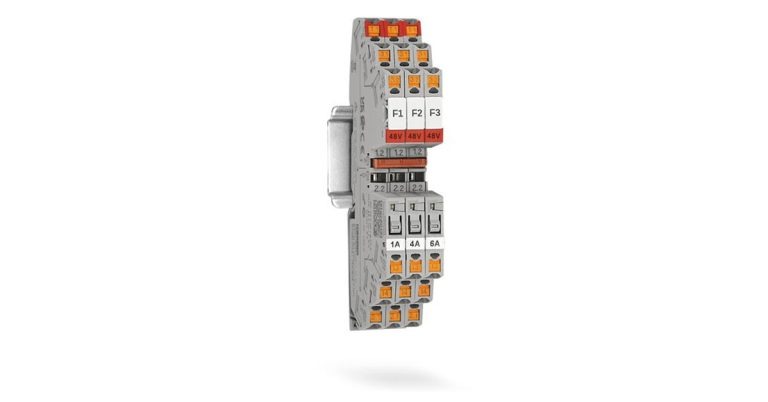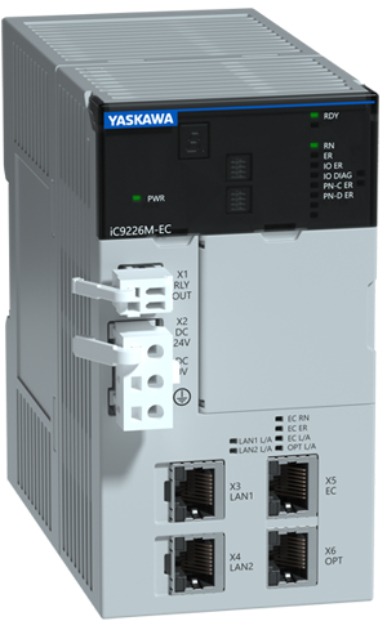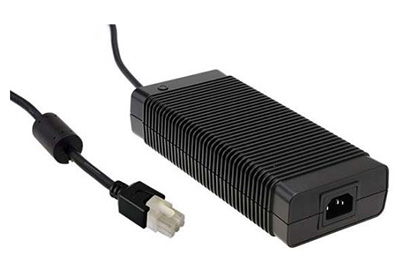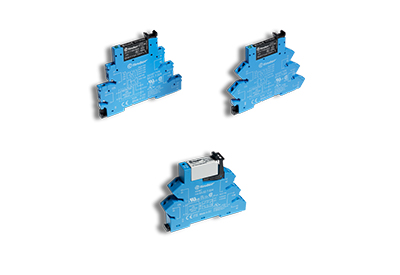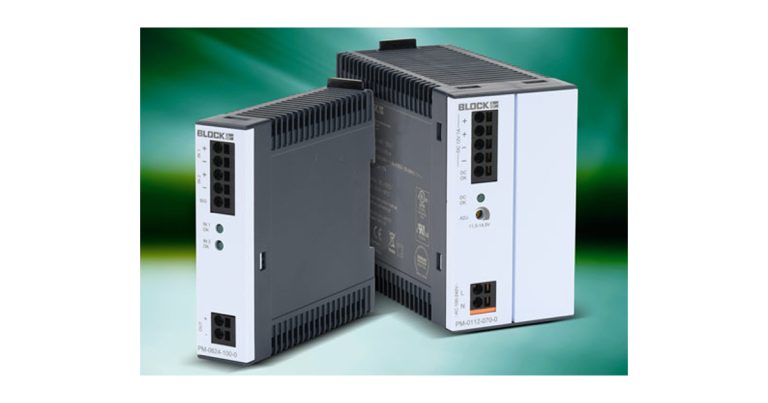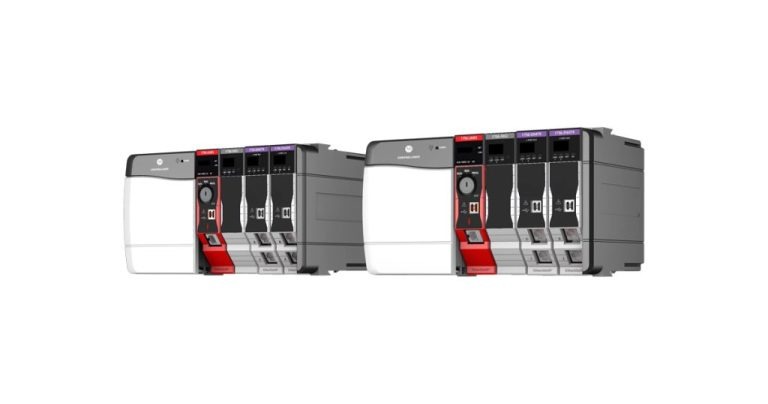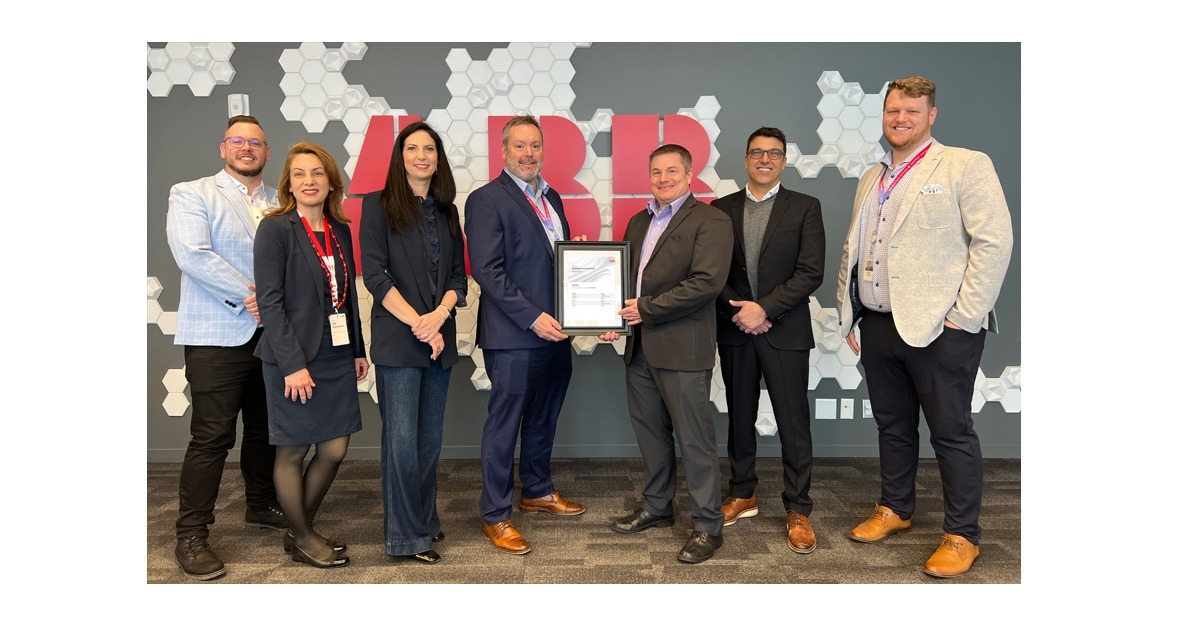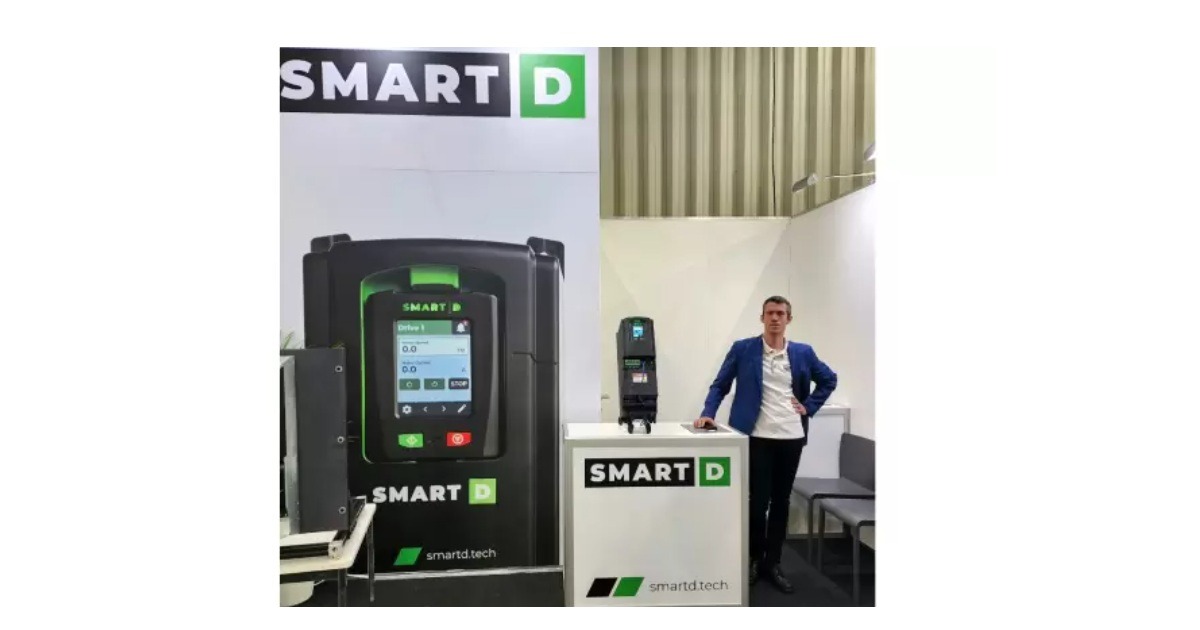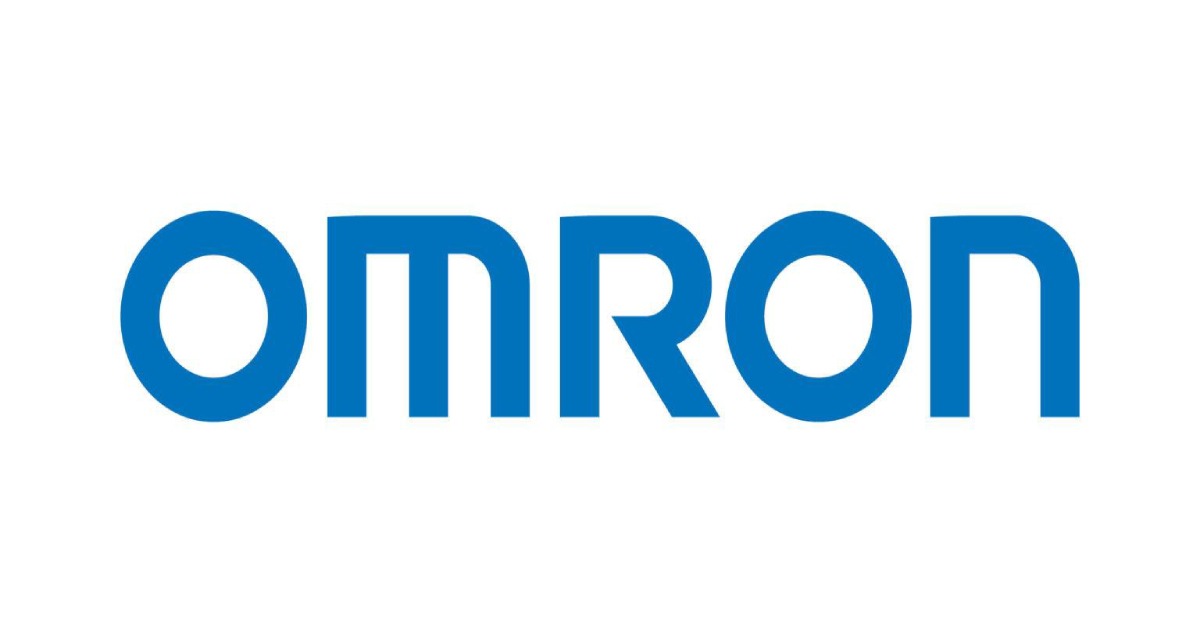The New KR QUANTEC Foundry Robot From KUKA
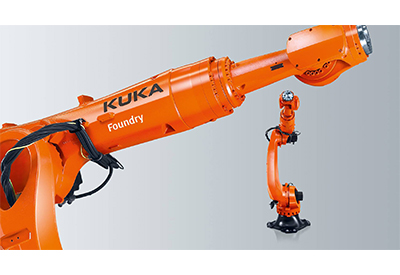
March 18, 2020
KUKA presents the second generation of KR QUANTEC foundry robots
Flexible, powerful and economical – these are the impressive characteristics of the new KUKA Foundry robots from the KR QUANTEC series. During the past year, the automation specialist completely revised the standard version of its bestselling robot, ensuring that it remains state-of-the-art technology. KUKA is now presenting the second generation of the special version for the foundry, forging and machining industries – more digitalized and even better than before. The 14 different robot types are particularly at home in extreme conditions: from humid, dirty or dusty environments to extreme heat – when the going gets tough, the KUKA Foundry robots of the KR QUANTEC series really get going.
Optimized portfolio for maximum flexibility and short delivery times of foundry robots
KUKA has significantly expanded the performance range of the foundry robots. All 14 Foundry variants have protection rating IP67 as standard – for the entire machine. They effortlessly withstand ambient temperatures of up to 55 °C. The robot wrist can even withstand a maximum temperature of 180 °C for ten seconds per minute, which is enormously advantageous when reaching into a furnace, for example. “Our robot thus offers customers in the foundry, forging and machining industries greater application flexibility – as does the option of upgrading the payload capacity in the field. Furthermore, it boasts outstanding values for total cost of ownership (TCO),” says Wolfgang Bildl, the responsible product manager at KUKA.
“Motion Modes” ensure ideal process quality with the KUKA Foundry robot, for example when casting
The new digital motion modes, which have been available as software add-ons for the new generation of the KR QUANTEC series since 2019, make for greater process quality with the KUKA Foundry robots too. “Path Mode” increases precision during continuous-path motions, for example, while “Dynamic Mode” reduces cycle times by enabling a higher velocity. Greater performance and a longer service life further reduce running costs. Factors contributing to this include the improved gear unit seals and corrosion-protected small parts, while a new gear oil reduces maintenance requirements and increases the service life of the new foundry robots.

